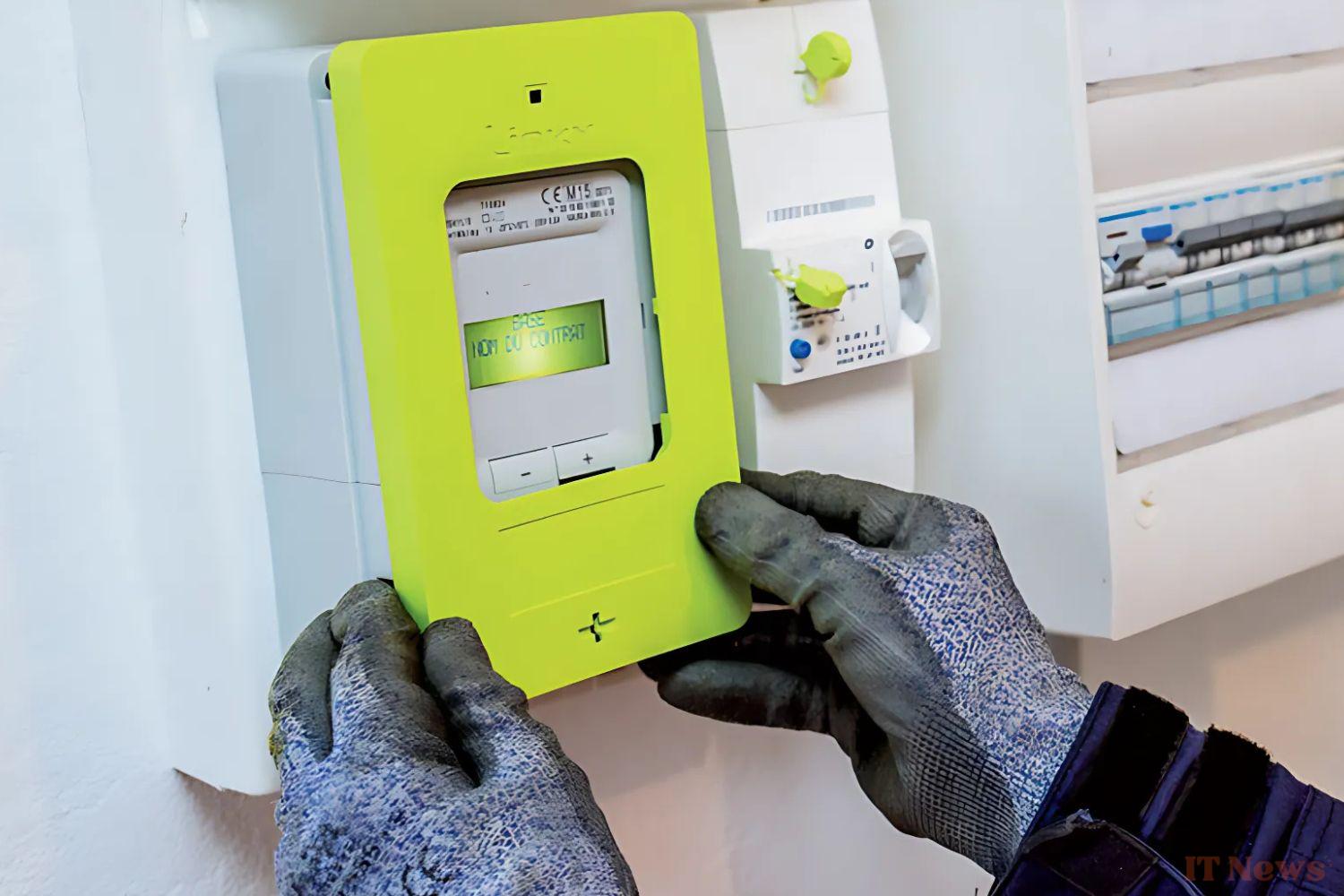This case law marks the end of a long legal battle for Linky, and paves the way for the system to be almost universally adopted. For the first time, the Court of Cassation has ruled on the legality of the refusal to install the Linky meter. In a ruling dated April 9, 2025, France's highest court confirmed that "users cannot object to the installation of a Linky meter on their property, which is a result of Enedis exercising its prerogatives as manager of the public electricity network, which are made mandatory for users by law and the terms of the regulated contract." This decision follows a dispute between two users and Enedis, who had attempted to block the installation of the smart meter in their homes. Their request, already rejected on appeal, has therefore been definitively dismissed.
Linky: a device of general interest
The Linky meter, owned by local authorities and managed by Enedis, is part of the modernization of the French electricity network. The courts point out that the installation is part of a public service mission, imposed by law and the regulated contracts that bind each subscriber to their electricity supplier. Thus, property rights cannot be invoked to refuse the installation of the meter, unless proven technically impossible.
While refusal has been tolerated until now, it will soon become costly. From August 1, 2025, households that still oppose the installation of the Linky meter will have to pay additional fees on their electricity bill. According to the Energy Regulatory Commission (CRE), two situations are foreseen: if the user regularly submits their consumption index, they will pay approximately €6.48 more every two months on the bill (€38.88 per year). If they do not submit their readings, the additional cost will rise to €11.11 every two months (€66.66 per year). These fees are intended to offset the cost of maintaining old meters and manual readings, while Linky allows for remote and automated network management.
Some exceptions
Only households for which the installation of the Linky meter is technically impossible will be exempt from this obligation and the associated fees. For all others, the widespread adoption of the smart meter becomes the norm. With this decision, the Court of Cassation puts an end to years of legal and citizen disputes. From now on, arguments related to privacy, health, or property will no longer be able to legally oppose the installation of the Linky meter. While some groups continue to denounce the deployment of the green box, the legal route now seems closed, with the exception of cases relating to health (electrosensitivity, for example), which will continue to be handled on a case-by-case basis.



0 Comments